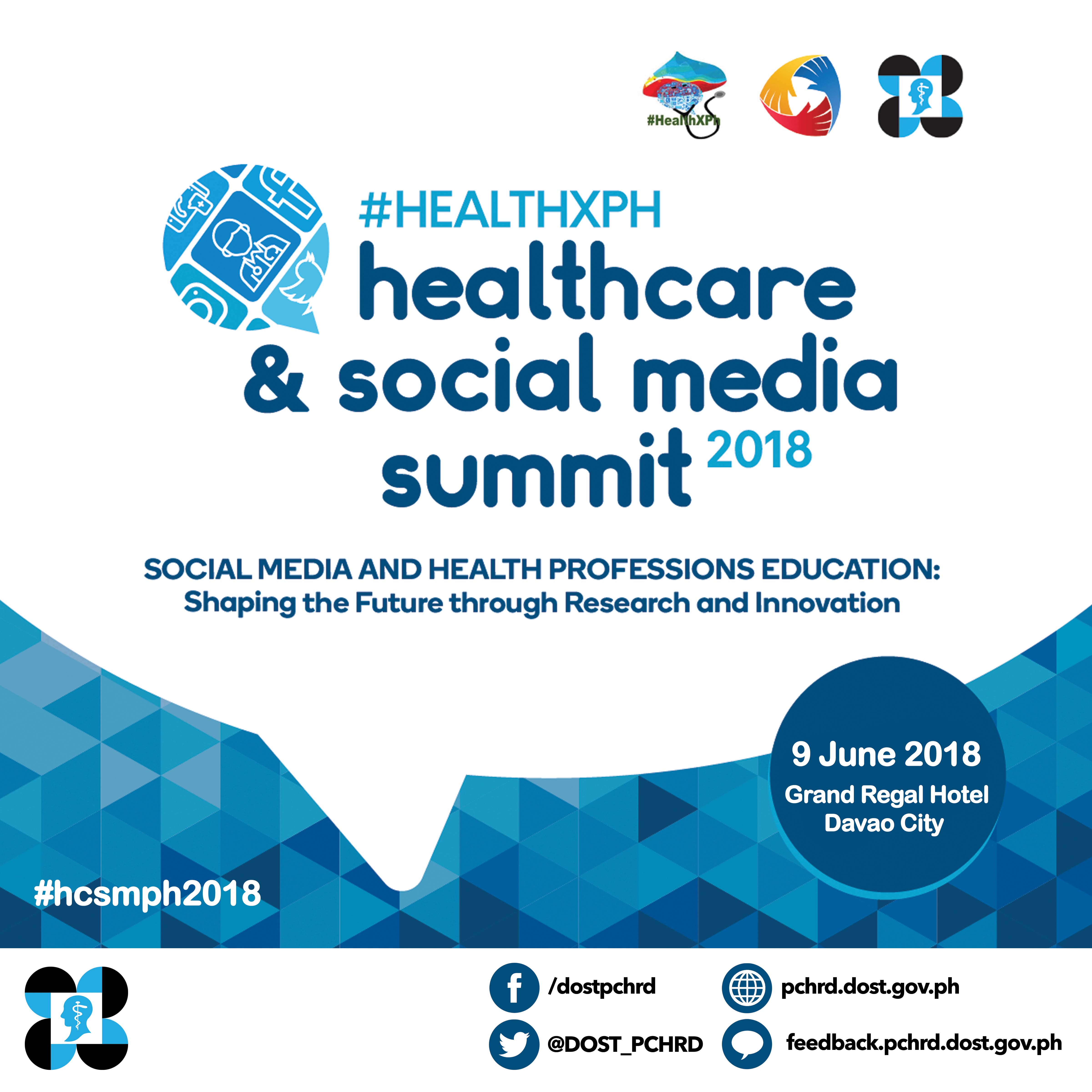- Administrator
- Latest News
- Hits: 3407
Study on the anti-breast cancer potential of Alugbati wins MMHRDC 2nd International Symposium
Alugbati is one of the widely consumed vegetables in Asia, however it is relatively understudied for its benefits. It is known to exhibit a wide range of biological functions and is traditionally recognized as a medical plant with anti-bacterial, anti-oxidant, and anti-cancer potential.
Asst. Professor Darcy Garza from the Department of Chemistry at De La Salle University, presented the study entitled “The Genotoxic Potential of Basella alba Linn. Var. rubra on MCF-7 Cells” during the Metro Manila Health Research and Development Consortium’s (MMHRDC) 2nd International Symposium and 9th Annual Scientific Conference Oral Presentation held on 24-25 May 2018 at Pan Pacific Hotel, Manila. The event was bannered by the theme “Food Fortification in Universal Health Care.” The study was recognized as the best research presented during the conference.
The study was a result of the collaboration of De La Salle University and St. Luke’s Medical Center. The research determined the genotoxicity of alugbati leaf extracts on MCF-7 cells which is the most studied human breast cancer cell line in the world. The researchers found out that alugbati leaves subjected to enzyme-assisted hydrolysis or juice extractions prepared in an organosulfur compound caused considerable damage in MCF-7 cells. This means that alugbati shows promising properties that could fight off breast cancer cell lines.
Three outstanding researches were also recognized during the conference. “Multi-core Microencapsulation of Lactobacillus acidophilus using Lipid-based Material and Carbohydrate-based Matrix for Functional Food Application,” “Characterization of In VitroEffects of Using Purified Coconut Oil Bodies as Encapsulating Agents for Doxorubicin and Paclitaxel,” and “An Evaluation on Nicotine Absorption and Health Risk Utilizing Human Scum Cotinine and Polycyclic aromatic Hydrocarbon (PAH) Among Filipino Classical Cigarette Users and E-Cigarette Users” won first, second, and third respectively.
To officially close the conference, NIH Executive Director Dr. Eva Maria Cutiongco-De La Paz delivered the closing remarks. She thanked the organizers and delegates for the hard work and reminded everyone that it is important to remember the role of food fortification in the control of micronutrient deficiency and malnutrition in the country. Finally, she urged everyone to conduct more research that would support food fortification and continue to do good work in promoting a healthier Filipino nation.
Details
Written by Catherine Joy C. Dimailig




 Hypertension is considered as the number one contributing risk factor for global deaths, causing strokes, heart attacks, and other cardiovascular complications. The month of May is declared as the “National Awareness Month” to prevent and control this disease.
Hypertension is considered as the number one contributing risk factor for global deaths, causing strokes, heart attacks, and other cardiovascular complications. The month of May is declared as the “National Awareness Month” to prevent and control this disease.